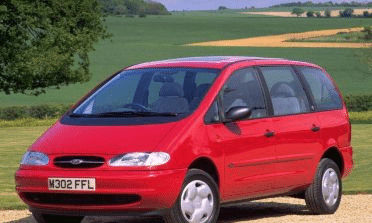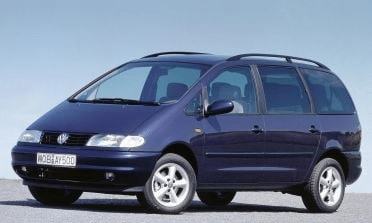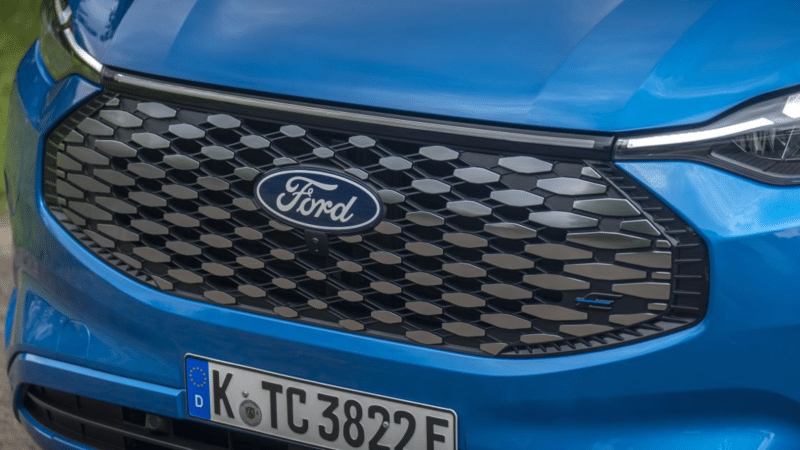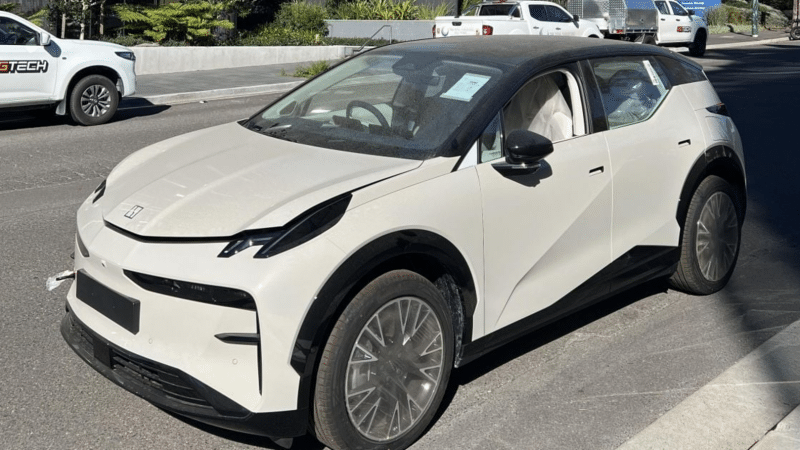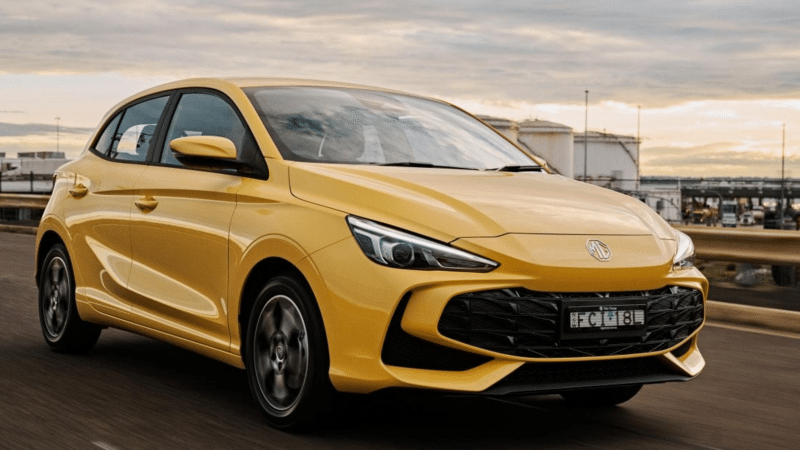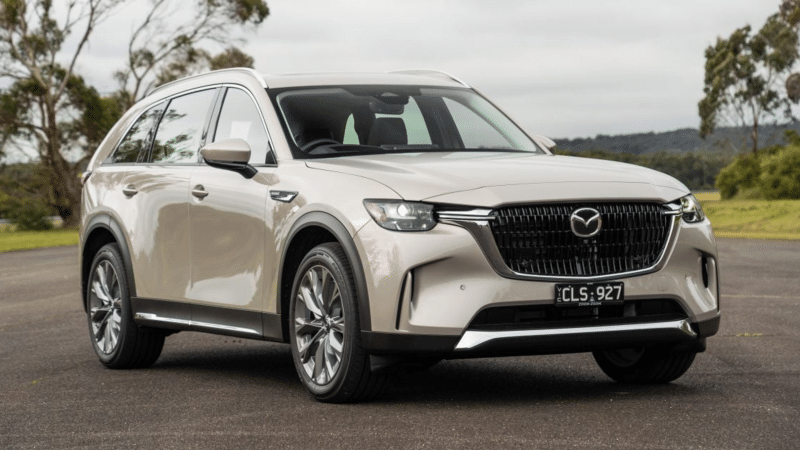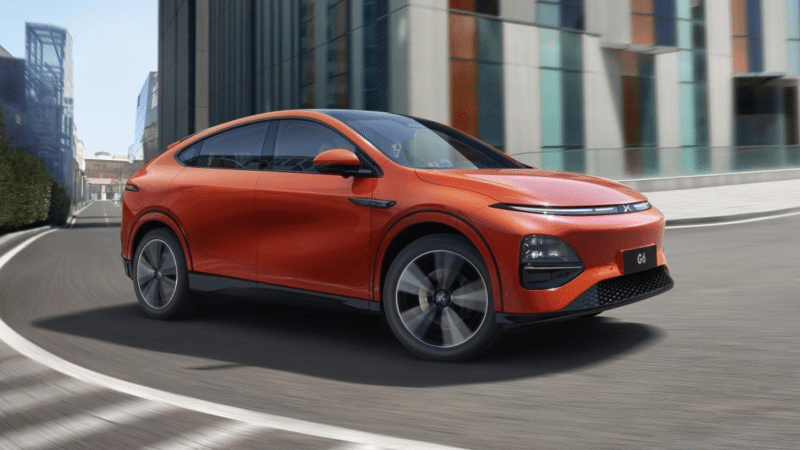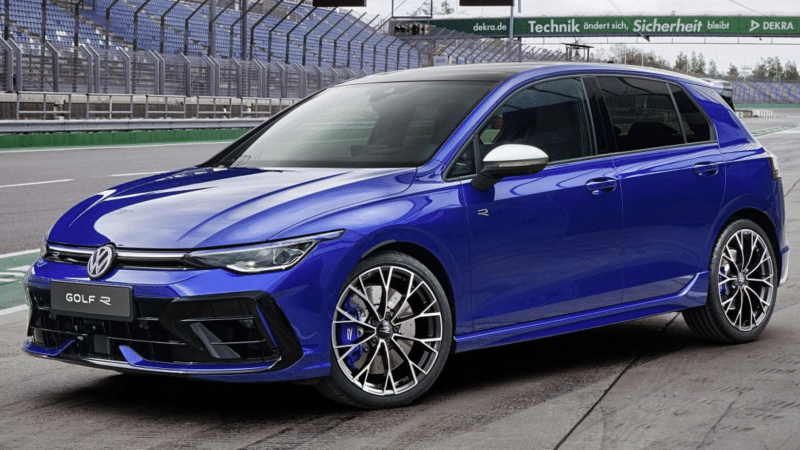VW and Renault in Talks to Develop Affordable EV Together
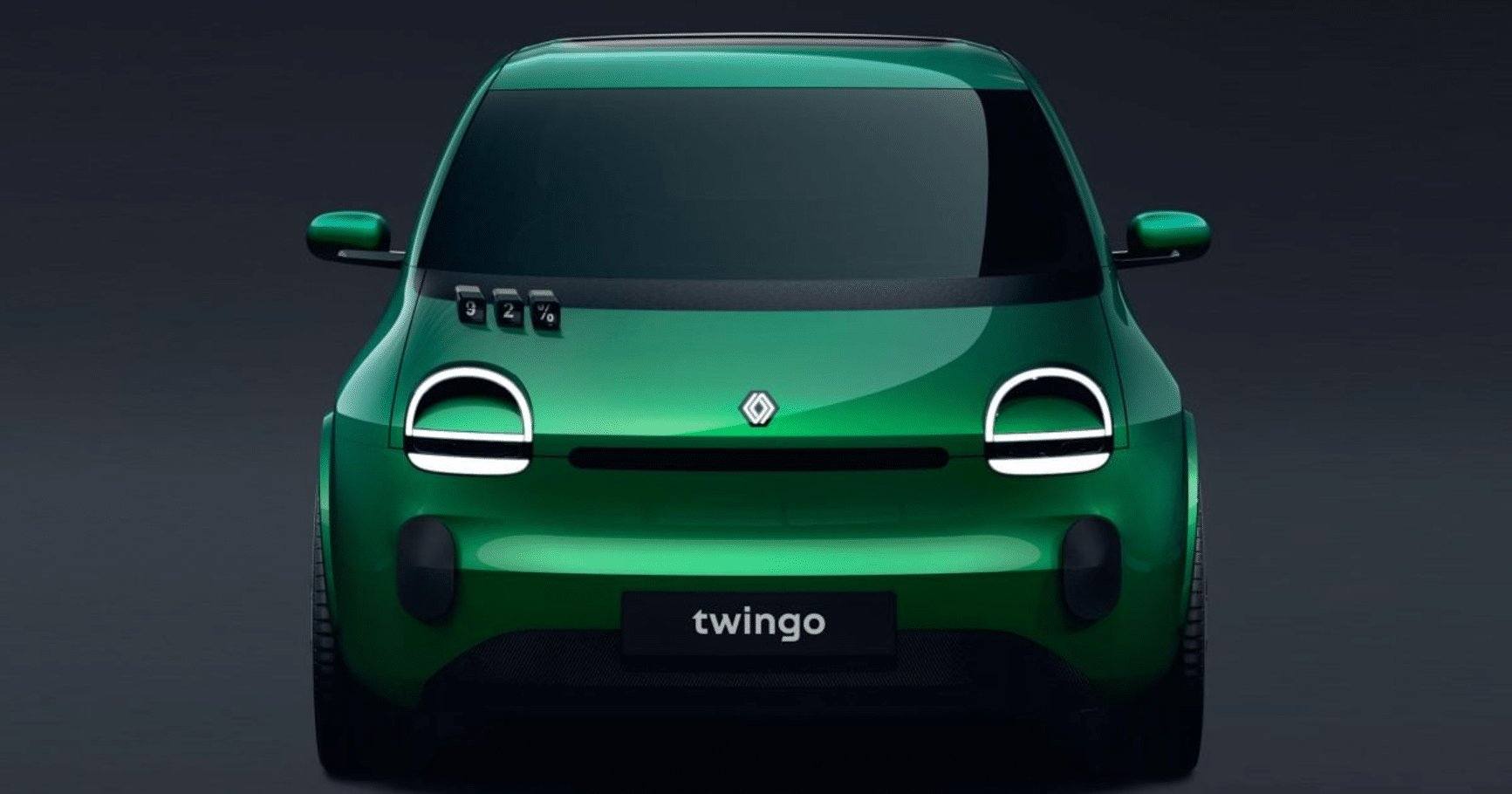
VW and Renault in Talks to Develop Affordable EV Together
Will the collaboration between Volkswagen and Renault in developing an affordable EV be the key to counteracting China’s dominance in the European market?
Could the Volkswagen Up and Renault Twingo be twin electric vehicles (EVs) under the skin? European car manufacturers are exploring partnerships to compete with Chinese automakers in the affordable EV market. Volkswagen and Renault are reportedly in discussions to jointly develop a car priced at around €20,000 with annual sales of 200,000 to 250,000 units.
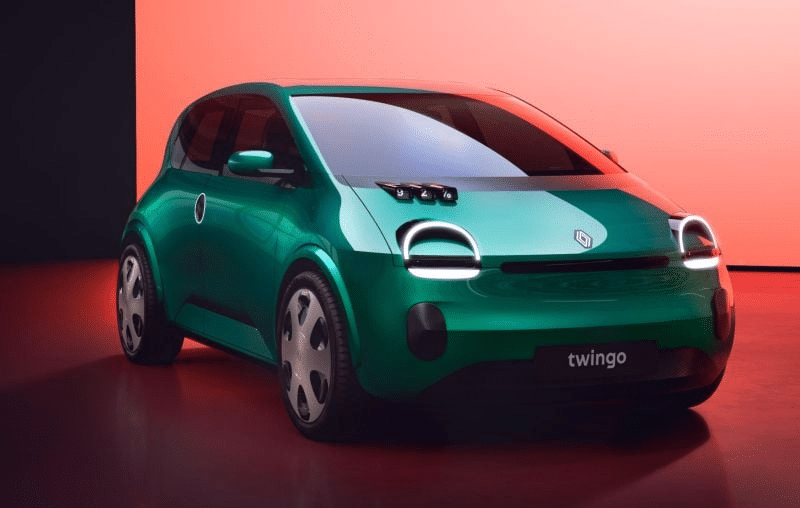
With Chinese automakers making waves in the affordable end of the European electric vehicle (EV) market, European car firms are scrambling to find a solution. One potential solution is for competitors to join forces in developing small, affordable EVs. By sharing the costs of research and development, European brands could potentially counter China’s competitive advantages.
According to insider sources, Volkswagen and Renault are currently engaged in talks to achieve just that. The German and French automakers are exploring the possibility of developing a car priced at approximately €20,000, with a target of selling between 200,000 and 250,000 units annually. However, it is still early in the discussions and there is a chance that no agreement will be reached.
While Volkswagen declined to comment, Renault confirmed that discussions are taking place but nothing has been finalized. A spokesperson for Renault emphasized the necessity of cooperation in order to effectively compete in the entry-level EV market.
The introduction of the Renault Twingo Legend concept last month provided a glimpse into what the fourth-generation electric-only Twingo might look like. It is expected that the new Twingo will be priced starting from €20,000, but details about its drivetrain remain unknown. There is also speculation whether Renault will use its existing CMF-BEV platform or opt for a different one, such as the platform used for the upcoming Renault 5 hatch and Renault 4 crossover.
Considering Renault’s desire to avoid offering two different €20,000 EVs in Europe, it is possible that the Volkswagen EV could utilize the same platform as the new Twingo. This wouldn’t be the first time Renault collaborated with a rival to develop the Twingo, as the current third-generation model shares its architecture with the Smart ForTwo and ForFour.
It is not uncommon for car manufacturers to establish cross-company joint ventures in this segment of the market, where high volumes are accompanied by thin profit margins. For instance, Peugeot, Citroen, and Toyota worked together on the engineering and production of the C1, 106/107, and Aygo models. Renault has embraced platform sharing since acquiring a controlling interest in Nissan in the late 1990s.
While the Volkswagen Group has traditionally relied on in-house development, it has recently formed strategic partnerships, including with Ford. This collaboration has resulted in joint development projects such as the Ford Ranger/Volkswagen Amarok and Ford Caddy/Volkswagen Transporter. Ford is even utilizing Volkswagen’s MEB architecture for its European Ford Explorer crossover EV and a forthcoming electric coupe SUV called Capri.
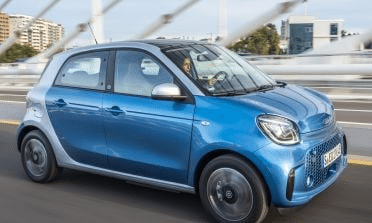
- European car firms seek solution to compete with Chinese automakers in the affordable EV market
- Volkswagen and Renault in talks to develop small, affordable EV together
- The discussions are at an early stage and there may be no agreement
- Renault has previously collaborated with rivals to develop the Twingo
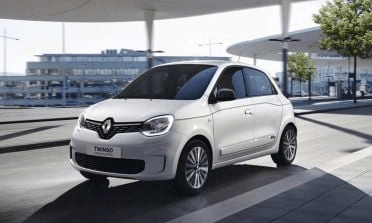
In the quest to compete with Chinese automakers in the affordable EV market, Volkswagen and Renault are exploring the possibility of collaborating on a small, affordable EV. While the discussions are still in the early stages and an agreement is uncertain, such a partnership could enable European car brands to counter China’s competitive advantages by sharing research and development costs and gaining economies of scale. Cooperation between rivals, as seen in Renault’s previous collaborations, is not uncommon in the industry. Perhaps the next generation of Volkswagen Up and Renault Twingo EVs will share more than just a resemblance.
